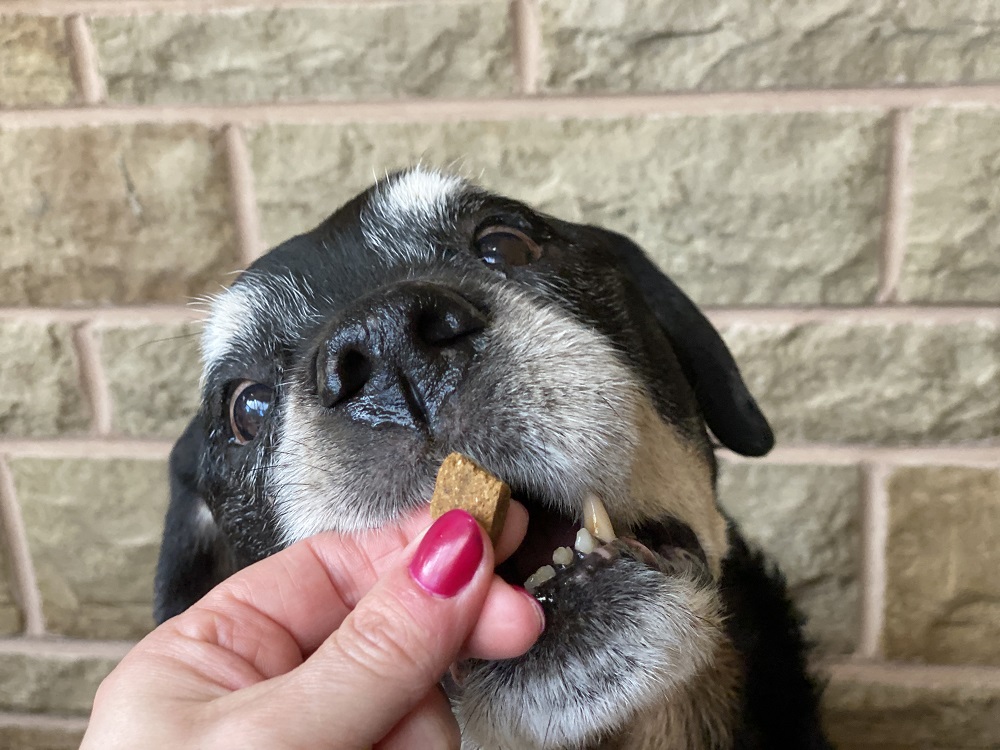The British Veterinary Association (BVA) has warned dog owners of the danger that the artificial sweetener, Xylitol, can pose to their pets, writes Jasmine Kleine. Xylitol is not considered harmful to humans, but if ingested by a dog the substance is dangerous because it triggers a sudden release of insulin which causes a dramatic drop in blood sugar (hypoglycaemia) and can lead to liver damage.
Xylitol is increasingly used as a sweetener in sugar-free chewing gum and other confectionary; it is used in dental hygiene products and is also found as an excipient in many medicines. Of particular concern are the sugar substitute products that contain Xylitol which are used in home baking as well as in manufactured goods. Cakes, biscuits and other goodies made with it are toxic to dogs. Owners may not be aware of these dangers and may not associate clinical deterioration with ingestion of these foodstuffs.
No sweet tooth for dogs.
Other animals such as ferrets and cats may be similarly affected and the Veterinary Poisons Information Service (VPIS) is monitoring all referred cases.
BVA Past President Nicky Paull commented:
“While most dog owners are now aware that foods such as chocolate and grapes can be toxic to their pets few are aware of the dangers if their dog eats a cake or muffin containing Xylitol.
“If you think your dog may have eaten chewing gum or a sweet or cake containing Xylitol and appears unwell, perhaps vomiting or lacking coordination, then contact your vet for advice immediately and be ready to provide information on what’s been consumed.”
The BVA Animal Welfare Foundation and the Veterinary Poisons Information Service (VPIS) have produced an easy reference guide to keeping pets safe from harmful substances. The ‘Pets and poisons: keeping your animal safe’ leaflet can be easily downloaded from the BVA AWF website at www.bva-awf.org.uk or you can request a copy from the Foundation.
Alexander Campbell, Head of Service at VPIS, added:
“With the increasing number of products containing Xylitol on the market the VPIS recognises the extreme importance of raising awareness of the danger to dogs of ingesting this substance, particularly in the light of a case we handled the other evening which involved a dog eating a muffin made with this sugar substitute.
“This is yet another instance where a food or food additive deemed safe for human consumption proves to be dangerous for other species. Pets should really only be given foodstuffs formulated for them.
“It is possible that other animals such as ferrets or cats might be affected similarly, but few cases are yet documented. The VPIS continues to monitor all referred cases in all animals with the aim of clarifying the situation in other species as and when more data become available.
“The VPIS would like to see manufacturers of these products provide some visible warnings and information on the packaging and to inform the retail outlets they supply of the potential risks to dogs.”
Enter your email and never miss out on receiving our best articles:






